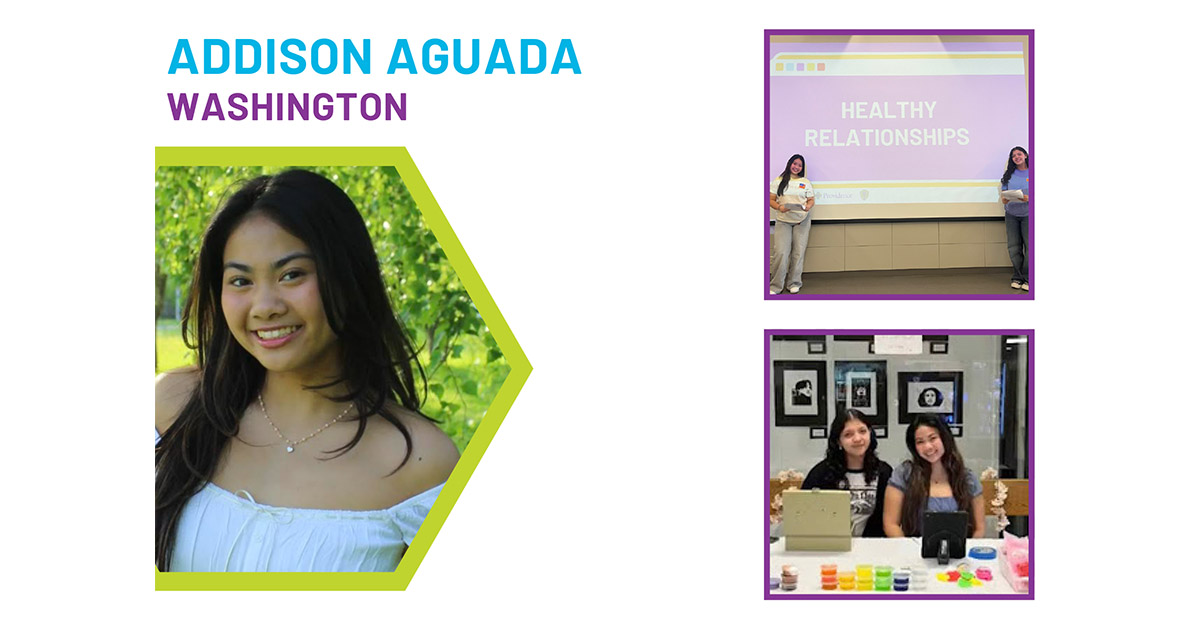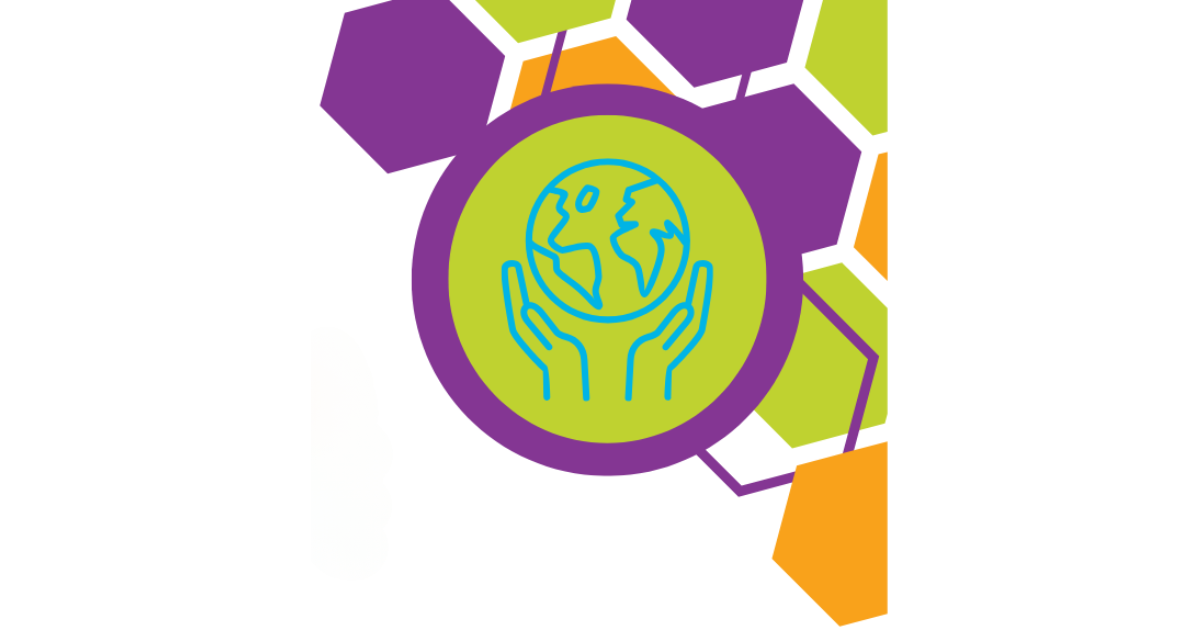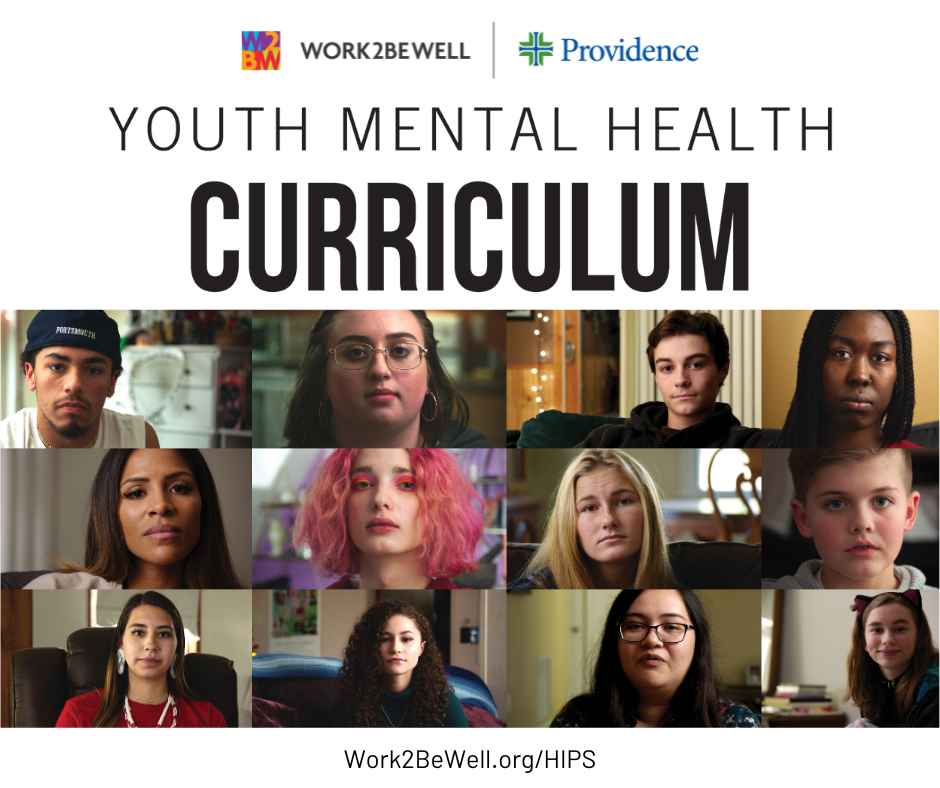Parties can be awkward and stressful enough just to navigate for ourselves, but sometimes we may feel called upon to help our peers through those treacherous waters too. Everyone needs someone looking out for them now and then. Although it may not always be an easy task, you can step up and be that person, the guardian angel, the friend right when a friend is needed.
Below we lay out a few party scenarios you might find yourself a bystander to, and then some ways you might help out a peer in need. The first step, no matter which situation you encounter, be watchful. Keep an eye out for these following common scenarios.
Scenario #1: I see a peer standing alone, seeming left out. What can I do?
Many of us have been the person standing alone at the party, not knowing how to join the conversation. Maybe you’ve been that person too, standing on the outside, not knowing where to begin. And in that moment, all we really need is one kind person to call our name and wave us over. You can be that person. All it takes is just an easy, Hey, or How’s it going, or I’m glad to see you here. How’s life?
Scenario #2: I see a peer engaging in risky drinking behavior. How can I help them reconsider?
If you see a peer engaged in risky drinking behavior, it may seem like such a challenge to help without coming off as judgmental, but here are a few easy ways to be the friend they need:
- Invite them to participate in a healthier behavior, as if you’d just like some company yourself. Some examples: Hey, I need some water; get some with me? Or: Hey, I need to get some fresh air; want to keep me company for a minute? Or even: I’m starving; let’s go find some food, OK?
- If you manage to get a moment in private, try asking your peer how it’s going. People will sometimes drink heavily when they are feeling low or anxious for one reason or another. They may just need a kind ear, and a shoulder to lean on. Ask them how the week is going. Let them know you’ve noticed their risky drinking and is everything all right? When you approach someone with compassion, they won’t think you’re preaching. They’ll just know you care.
- If a peer has consumed a dangerous amount of alcohol and is showing signs of alcohol poisoning, you should call for medical assistance immediately. Now isn’t the time to worry about anyone getting in trouble. According to the Center for Disease Control, underage drinking results in more than 4,300 deaths every year. Signs of alcohol poisoning include: repeated vomiting, passing out and being unable to be roused, very slowed breathing, cold extremities, and blue lips.
If you suspect a peer is considering driving home or elsewhere drunk, here are a few ways you can intervene:
- Because alcohol can sometimes make people difficult and combative, try to assume a non-confrontational, but insistent tone. Try asking for their keys, and once you get them, don’t give them back to the would-be drunk driver.
- Suggest an alternative. Call your peer a taxi, an uber, or offer yourself as a designated driver.
- If you just can’t get through to your peer, it’s time to notify the police. It may feel like a drastic measure, but it may well save your peer’s life and others.
Scenario #3: I see a peer in a possibly threatening situation with another person. How can I intervene?
If you see a peer in a possibly dangerous situation, you can be their exit strategy. If at all possible, try to go about this intervention without open confrontation. Let’s take one example step by step: Say you see a peer who has had too much to drink, and you are worried a threatening character is trying to take advantage of him or her.
- Let other people know what you’re concerned about, and continue to be watchful of the situation.
- Send one friend in to distract the threatening character with harmless conversation.
- While the threatening character is distracted, send yourself or others in to quickly, and calmly remove your peer from the situation.
- Once the situation has been diffused, now is a good time to start closing down the party. Later you can notify authority figures that someone is demonstrating threatening behaviors, and should be kept monitored.
If you witness a situation that appears more urgent, call for the authorities to intervene. Although sexual assault is underreported, conservative estimates suggest that about 25% of women will be sexually assaulted in their lifetimes, and nearly half of those assaults will involve alcohol. If you see something, say something. You can make the difference.
And hey, let’s not forget, parties are supposed to be fun! We hope your parties are all good times with good friends. Whatever your party experience, we want to hear about it. How do you look out for your peers, or how have they looked out for you? Join the mental wellness conversation on social using the hashtags #BeWell, #BeHeard, and #BeThere. Or share your story at wellbeingtrust.org.
If you’re having a difficult time and would like to talk to someone about it, there are other teens at Teen Line who want to listen. Reach them at 310-855-4673, or text TEEN to 839863.



